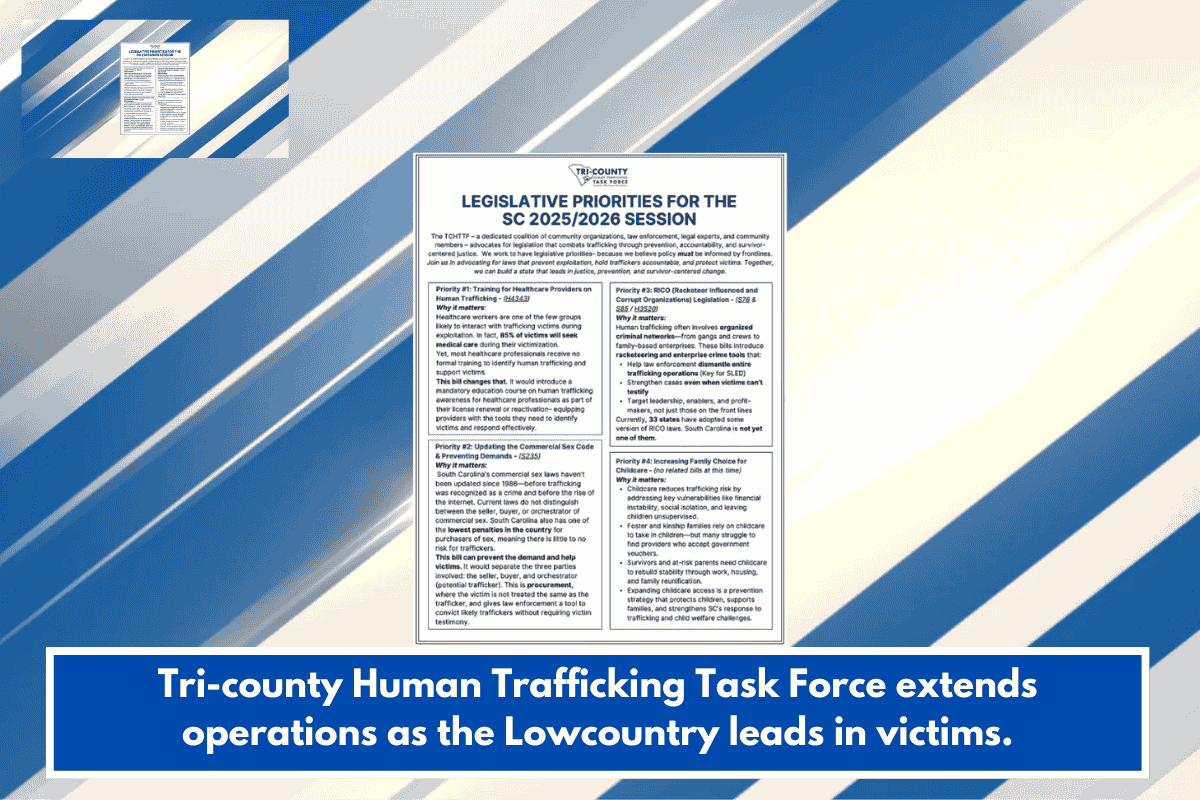When it comes to marriage laws, each state has its own set of rules, especially concerning marriages between relatives. One question that often comes up is whether it’s legal to marry a cousin in New Mexico. If you’re wondering about the legality of cousin marriages in this state, you’re not alone. Here’s what you need to know about New Mexico’s laws on cousin marriage.
Marrying Your Cousin in New Mexico: The Basics
In New Mexico, it is legal to marry your cousin. Unlike some states that have strict laws banning cousin marriages, New Mexico does not prohibit first cousins from marrying each other. So, whether you’re considering marrying a first cousin or a more distant relative, the state does not have a law specifically prohibiting such unions.
What About First Cousins?
As mentioned earlier, first cousins can legally marry in New Mexico. The state doesn’t impose any restrictions on the marriage of first cousins, which means couples related by one generation—such as those who share grandparents—are allowed to marry legally. This is in contrast to some states that either restrict or outright ban first cousin marriages, often citing genetic concerns about potential birth defects in children born from such unions.
Are There Any Restrictions or Conditions?
While New Mexico allows first cousins to marry, there are still some general marriage requirements that apply to everyone:
- Age Requirement: Both parties must be at least 18 years old to marry without parental consent. If either person is under 18, they would need approval from a judge and parental consent.
- No Close Blood Relationships: While first cousins are permitted to marry, closer blood relationships are restricted. You cannot legally marry your sibling, parent, aunt, uncle, or grandparent in New Mexico.
- Consent: As with all marriages, both parties must give their consent, and the marriage must not involve coercion or fraud.
Why Does It Matter?
In some states, the laws on cousin marriage are stricter because of genetic concerns. There is a belief that children born from marriages between close relatives (like first cousins) are at a higher risk of genetic disorders due to the shared family genes. While this risk does exist, it is relatively low, and studies have shown that the genetic risk of birth defects from first cousin marriages is not much higher than the general population.
However, New Mexico has not enacted laws to prevent first cousins from marrying, indicating that genetic concerns are not considered a legal issue in the state.
Marrying Distant Cousins or Relatives
In addition to first cousins, New Mexico law allows marriage between more distant cousins, such as second cousins, third cousins, and so on, without restriction. These relationships are viewed as less risky genetically, and as such, there are no laws preventing marriages between distant relatives.
In New Mexico, it is legal to marry your cousin, including first cousins, as long as both individuals are legally able to marry (i.e., they meet the age and consent requirements). The state does not impose any special restrictions on cousin marriages, and there are no laws banning them. While cousin marriages might be restricted or illegal in other states, New Mexico stands as one of the states where such unions are permitted.
However, as with all legal matters, it’s always a good idea to consult with an attorney if you have specific concerns or questions regarding marriage laws in your area.
SOURCES
[1] https://www.findlaw.com/state/new-mexico-law/new-mexico-annulment-and-prohibited-marriage-laws.html
[2] https://en.wikipedia.org/wiki/Cousin_marriage_law_in_the_United_States
[3] https://law.justia.com/codes/new-mexico/chapter-40/article-1/section-40-1-7/
[4] https://www.legalmatch.com/law-library/article/cousin-marriage-laws.html
[5] https://www.nmlegis.gov/Sessions/24%20Regular/bills/house/HB0242.HTML














